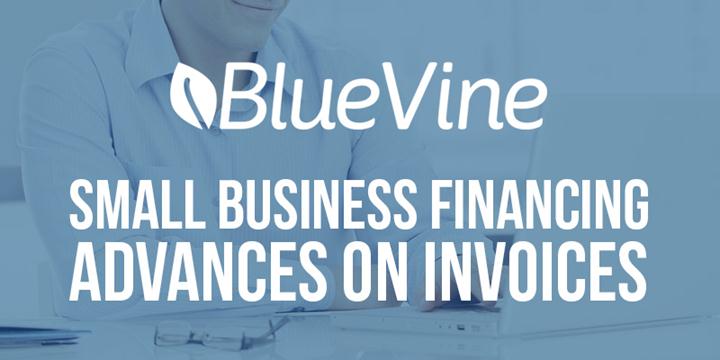ABC News reported that about a quarter of Americans do not have dental health insurance. The latest survey by the National Association of Dental Plans points out that only 5% of patients using private dental benefits use dental discount programs.
Dental discount plans are like joining a big wholesale member and enjoying a variety of dental surgery discounts ranging from 20% to 60%. The dental discount program is provided by many large health insurance providers, including Aetna, Humana, and CVS Health.
The network of dentists participating in the discount program may be smaller than the insurance network, thus limiting patient choice, and they do not bear the full cost of preventive cleaning and X-ray examinations like most dental care plans; but senior vice president of the American Dental Association President Dave Preble said that the discount plan is still a good choice compared to not looking at your teeth at all. “It turns out that people who regularly visit dentists are healthier.”
According to the Consumer Health Alliance, about 40% of the participants in the dental discount program are between 56 and 75 years old. Part of the reason is that Medicare, the federal health plan for the elderly, does not include dental care. Older people can purchase supplemental dental coverage or receive dental care through a privately run Medicare Advantage program.
For employers hardly affording monthly insurance, the discount plan is a better option; in addition, many employers provide dental care with an annual cap of about $200 per person; root canal treatment and crown or implant surgery costs may exceed this limit, however. Participate in the dental discount program to save on expenses not covered by your regular dental insurance.
According to statistics, in 2017, general household dental insurance does not include deductibles. The family expenses for most discount programs range from $200 to $400, saving money for families with tight budgets; but discount programs only pay for the cost of inspections or fillings, and plan participants may have to pay more.
Most insurance does not include dental beauty, such as whitening teeth or improving the appearance of damaged teeth. Dental discount programs, however, are mostly applicable in these scenarios.
Differences Between a Discount Dental Plan and a Dental Insurance Plan
The price discount for dental discount programs (usually one-third or less of dental insurance) is easy to use and provides a worry-free solution for your dental care. Here’s a simple comparison:
Discount Dental Plans:
- No annual discount limit, users can continue to enjoy the discount throughout the year
- Most of the plans can be used within 3 days of application
- You don’t need to fill in a complicated form; just show your discount card and enjoy the offer instantly.
- No health restrictions and no need to wait for a comprehensive dental treatment plan
- Some programs offer discounts on special dental treatments, including cosmetic
- Lower prices. More choices for dentists. Discounts include most dental treatments
- Provide personal, family, business, and group plans
Dental Insurance Plan:
- Generally have limits, deductibles, and annual usage caps
- Main dental treatment needs to wait
- Time-consuming claims process
- There are restrictions on problems that existed before receiving the insurance plan
- Dental special treatment is limited, rarely including cosmetic dentistry
- Expensive, limited coverage
- Individuals and families are not free to join unless they are employed by employers
In general, the general dental insurance plan has an annual reimbursement limit. If it is exceeded, it must be paid in full.
Featured image: DepositPhotos – AndrewLozovyi









